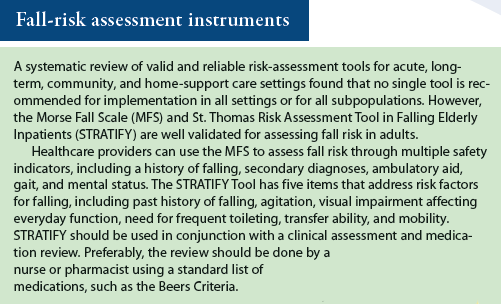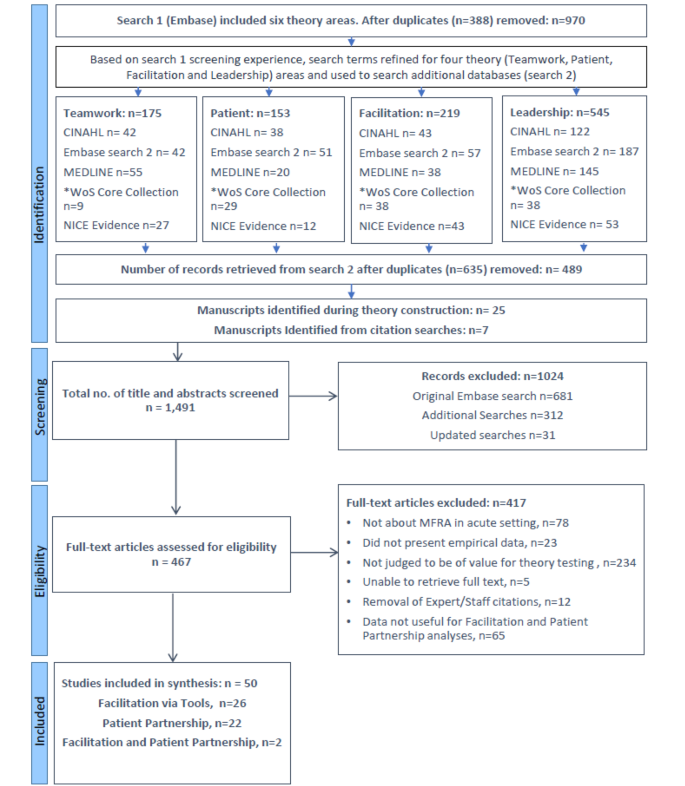Unknown Facts About Dementia Fall Risk
Unknown Facts About Dementia Fall Risk
Blog Article
Some Ideas on Dementia Fall Risk You Need To Know
Table of ContentsDementia Fall Risk Fundamentals ExplainedThe Single Strategy To Use For Dementia Fall RiskThe Ultimate Guide To Dementia Fall RiskFascination About Dementia Fall Risk5 Simple Techniques For Dementia Fall Risk
In the community, inadequate road illumination or vulnerable creeks and land fills might additionally trigger crashes. Loss Risk Analysis Device (FRAT) is a 4-item falls-risk testing device for sub-acute and domestic treatment. The FRAT has three sections: fall threat status, risk element checklist, and activity plan. A Loss Threat Standing includes data concerning background of recent falls, drugs, psychological and cognitive standing of the person.If the patient ratings on a risk aspect, the matching number of points are counted to the patient's fall threat score in the box to the far. If a client's fall risk rating amounts to 5 or higher, the person is at high risk for drops. If the individual ratings just 4 factors or lower, they are still at some threat of falling, and the nurse needs to utilize their finest clinical analysis to take care of all loss danger aspects as component of a holistic treatment strategy.
These common methods, in general, help establish a risk-free atmosphere that reduces accidental drops and delineates core safety nets for all people. Signs are vital for clients in danger for falls. Health care companies require to acknowledge that has the condition, for they are in charge of implementing actions to advertise client safety and security and prevent falls.
Dementia Fall Risk for Dummies
For instance, wristbands need to consist of the patient's last and first name, date of birth, and NHS number in the UK. Information ought to be printed/written in black against a white history. Only red shade needs to be made use of to signify special client condition. These referrals follow existing growths in individual identification (Sevdalis et al., 2009).
Items that are too much may call for the individual to reach out or ambulate needlessly and can possibly be a risk or add to falls. Helps protect against the patient from going out of bed without any assistance. Registered nurses reply to fallers' call lights quicker than they do to lights started by non-fallers.
Visual impairment can significantly create falls. Hip pads, when used effectively, may decrease a hip crack when autumn takes place. Keeping the beds closer to the floor decreases the threat of falls and major injury. Positioning the cushion on the floor dramatically reduces fall threat in some healthcare settings. Reduced beds are designed to reduce the distance a patient falls after moving out of bed.
Not known Details About Dementia Fall Risk
People that are tall and with weak leg muscle mass that attempt to remain on the bed from a standing position are most likely to drop onto the bed due to the fact that it's as well low for them to reduce themselves safely. If a tall person attempts to obtain have a peek here up from a reduced bed without help, the patient is likely to drop back down onto the bed or miss out on the bed and drop onto the flooring.
They're designed to promote prompt rescue, not to avoid falls from bed. Audible alarm systems can likewise advise the client not to obtain up alone. Using alarms can likewise be an alternative to physical restrictions. Aside from bed alarm systems, enhanced guidance for risky people also may help stop drops.

Patients with a shuffling gait boost loss chances drastically. To lower autumn risk, footwear ought to be with a little to no heel, thin soles with slip-resistant step, and support the ankles. Encourage client to use nonskid socks to avoid the feet from moving upon standing. Encourage clients to use ideal, well-fitting shoesnot nonskid socks for motion.
How Dementia Fall Risk can Save You Time, Stress, and Money.
Individuals, specifically older adults, have lowered aesthetic capability. Illumination a strange setting aids boost presence if the individual must get up in the evening. In a research study, homes with adequate illumination report fewer drops (Ramulu et al., 2021). Improvement in lights in the house might minimize autumn rates in older grownups (Dementia Fall Risk). Making use of stride belts by all healthcare suppliers can promote safety when assisting individuals with transfers from bed to chair.

Sitters work for guaranteeing a secure, protected, and risk-free setting. Nonetheless, research studies showed extremely low-certainty proof that sitters lower fall risk in severe care medical facilities and just moderate-certainty that choices like video monitoring can lower caretaker usage without boosting autumn danger, recommending that sitters are not as helpful as click for more info initially believed (Greely et al., 2020).
Rumored Buzz on Dementia Fall Risk

Increased physical fitness minimizes the threat for falls and restricts injury that is received when fall transpires. Land and water-based exercise programs may be in a similar way advantageous on balance and stride and therefore reduce the threat for falls. Water exercise might contribute a favorable benefit on balance and gait for women 65 years and older.
Chair Increase Exercise is a straightforward sit-to-stand workout that helps reinforce the muscles in the upper legs and butts and enhances mobility and independence. The goal is to do Chair Increase workouts without using hands as the customer comes to be stronger. See sources area for a comprehensive instruction on exactly how to do Chair Surge exercise.
Report this page